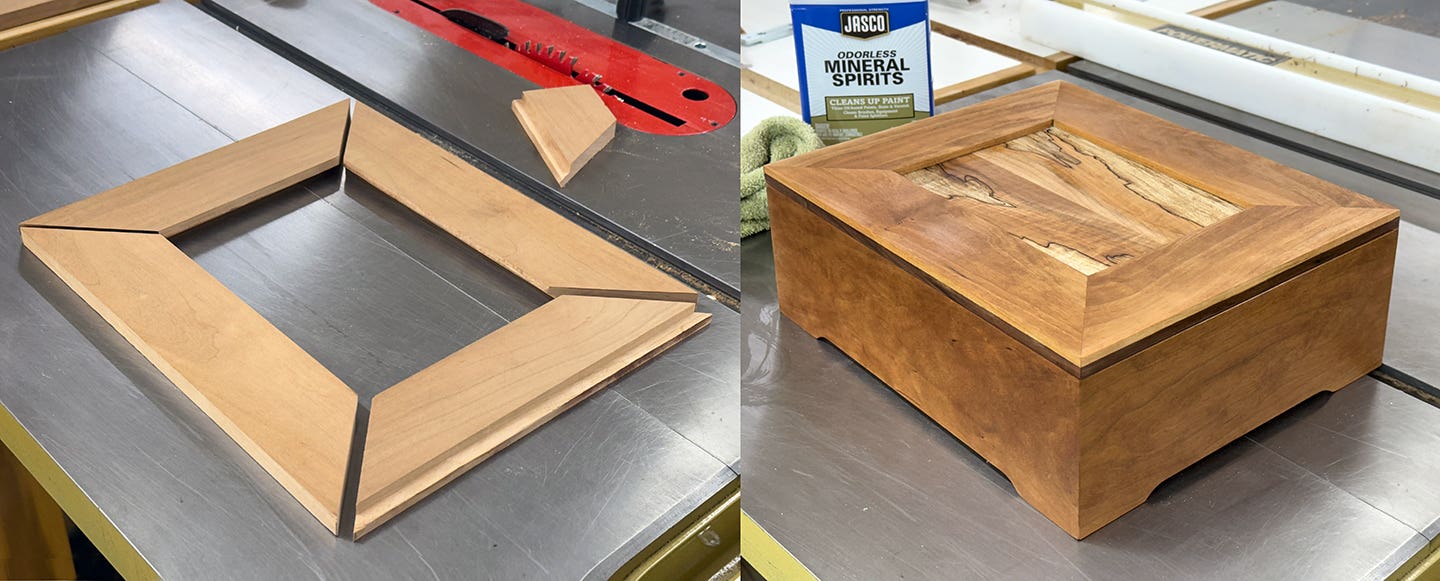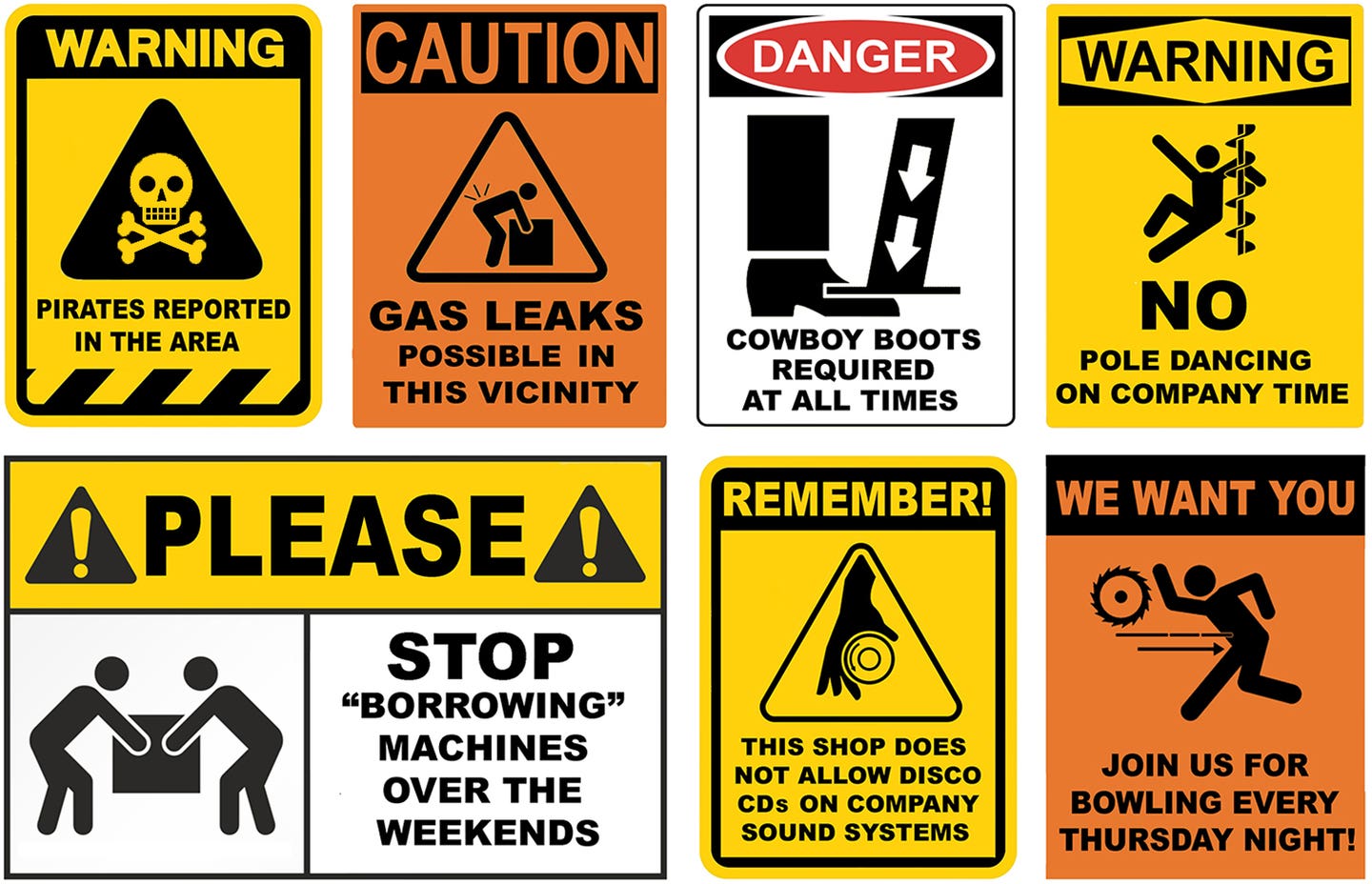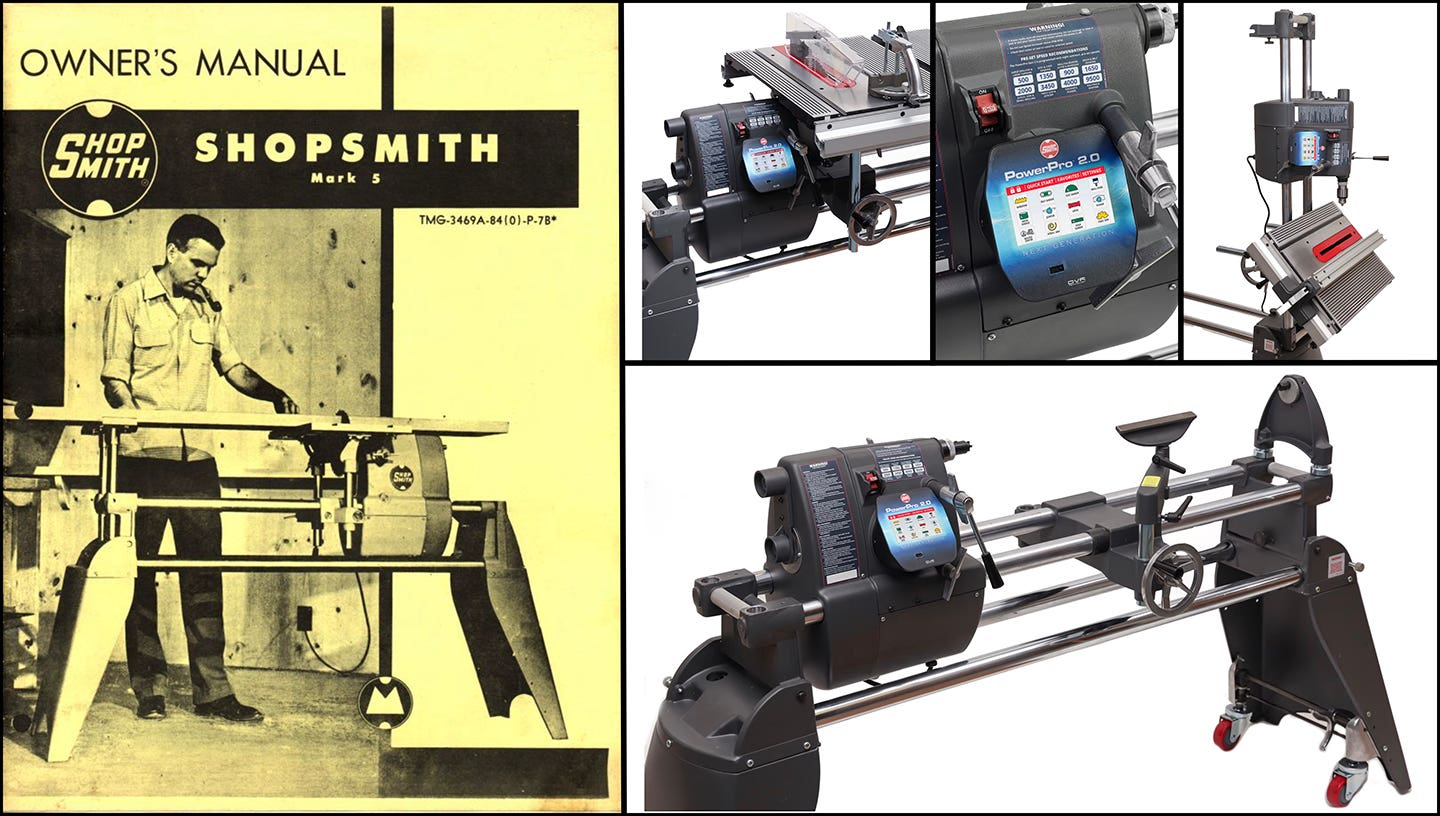Tell or teach?
If someone needs woodworking advice, is it better to just tell them what they need to know, or help them learn it? Depends. Being woodworkers, unskilled friends ask us all…
If someone needs woodworking advice, is it better to just tell them what they need to know, or help them learn it? Depends.
Being woodworkers, unskilled friends ask us all the time how to fix or do things. I don’t mind this at all; in fact, I love helping out. But what’s the best way to do it?
If it’s a friend or relative who just wants to take care of a task on their own but has no real interest in learning further, a simple straight answer is usually best. Sometimes, if it’s someone nearby I’ll offer to come over and help or just do it for them. Win-win, and everybody’s happy.
But what if it’s someone with an active desire to learn more about the craft, someone for whom the task at hand is a step in the learning process? That’s very different and you can handle it a couple of ways.
Most times, I ask what they’ve already done on their project and what they’re capable of, both skill-wise and tool-wise. Then, I’ll make a suggestion of a way to go – with multiple options, if possible.
However, if they’re close enough friends or relatives that I’m familiar with the extent of their skills, I tend to ask for more details about the task and what they’ve considered to address it. Often, it becomes apparent that they already know what to do, but are seeking confirmation of their growing knowledge before proceeding. This is good, and it’s what I love to hear. I’m proud to say that this is how the process frequently goes with my daughter.
The bottom line is that it’s different every time, so there is no single answer to the question I posed at the beginning. The only constant is the opportunity to share knowledge with someone eager to receive it.
It’s that second example above, though, that’s the most rewarding.
A.J.
A.J. Hamler is the former editor of Woodshop News and Woodcraft Magazine. He's currently a freelance woodworking writer/editor, which is another way of stating self-employed. When he's not writing or in the shop, he enjoys science fiction, gourmet cooking and Civil War reenacting, but not at the same time.







